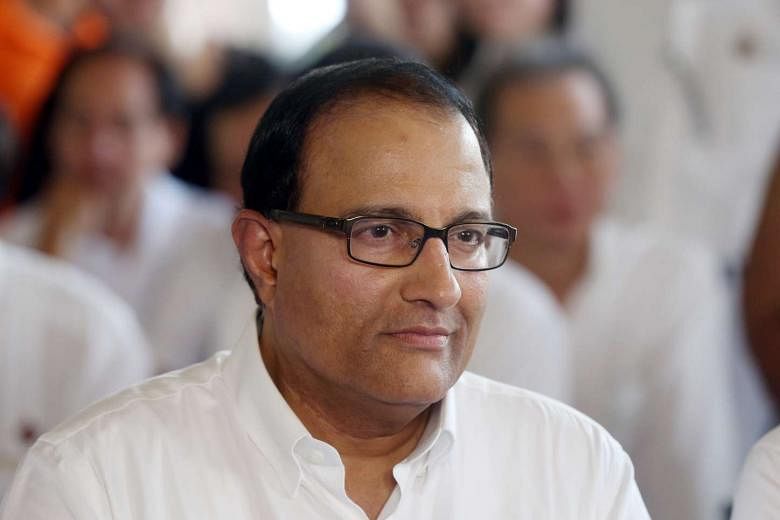SINGAPORE - A new law giving the authorities stepped-up and wide-ranging powers against criminal syndicates has been passed.
The Organised Crime Bill defines an organised crime group as three or more people involved in serious crimes for the purpose of material or financial benefit.
It would give law enforcement agencies more investigative powers and beef up punishment for serious crimes, such as drug trafficking and corruption, if these are committed as part of an organised crime group.
Second Minister for Home Affairs S Iswaran, who read the bill for the second time in Parliament on Monday, said that while organised crime in Singapore was generally under control, the government needed to ensure enforcement agencies here had the tools to tackle organised syndicates should they take root in Singapore.
"We need laws that target the pernicious activities of OCGs (organised crime groups), and those in their higher echelons. They are the ones who instruct and intimidate others into criminal acts, yet are most shielded from enforcement," said Mr Iswaran.
Two MPs - Mr Hri Kumar Nair (Bishan-Toa Payoh GRC) and Mr Alvin Yeo (Choa Chua Kang GRC) - spoke in support of the Bill during the debate in Parliament on Monday.
But both MPs questioned if there were sufficient safeguards in place to protect suspects who might actually be innocent.
The Bill introduces a civil confiscation regime, which allows the courts to confiscate benefits from organised criminal activities without a conviction. The courts can do so if the public prosecutor can prove on a "balance of probabilities" that an individual has committed the crimes.
This means that if it can be proved that the crime was probable, the courts can confiscate the benefits. Such a move requires a lower burden of proof than a criminal conviction, which requires guilt to be proven beyond reasonable doubt. This confiscation regime is similar to the one already in place for serious offences such as drug trafficking and corruption.
The Bill would also give the courts powers to issue preventive orders that would place prohibitions or restrictions on the activities of individuals or organisations involved in organised crime.
Mr Iswaran assured both MPs that these prohitions and restriction orders would be used judiciously.
He added that similar laws have been adopted in other jurisdictions including the United Kingdom and New Zealand, and have proven effective.

